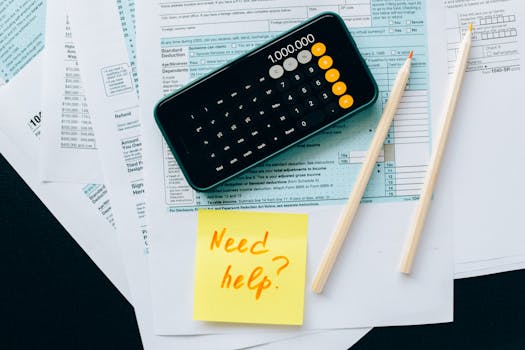You could do a degree in any subject then apply for a place on a graduate training scheme to work towards a professional accountancy qualification.
If you want to take a more focused route onto a graduate scheme, you could study for an accountancy related degree, like:
- accountancy
- accounting and finance
- business and management
- maths
Some degree courses may give you exemptions from certain professional accountancy training modules.
Entry requirements
You'll usually need:
- 2 to 3 A levels, or equivalent, for a degree
- 4 or 5 GCSEs at grades 9 to 4 (A* to C), or equivalent, including English and maths




